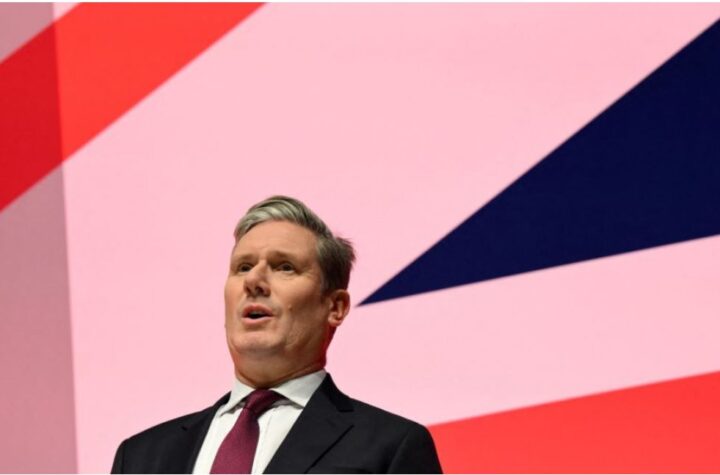
Vince Cable is calling on progressive centre-left politicians from Labour and the Liberal Democrats to “come together” to stop the Conservatives monopolising power in the wake of Jeremy Corbyn’s victory.
While it is true that the Tories have in the main monopolised power, having won 13 out of the 19 general elections held since 1945, this is just part of the problem. The far bigger issue for democrats and progressives, but ignored by Vince, is the fact that the Tories won most of these elections without the support of a majority of the voters, let alone a majority of the population at large.
In only one election in the last 70 years has the Tory’s proportion the vote exceeded the proportion cast for the Labour Party and the Liberal Party (Alliance/ LibDems) combined. That was in 1953, when the Tory vote nudged ahead by a slim 0.7%. Even in the 1979 ‘Nightmare on Downing Street’ election Mrs. Thatcher only managed 43.9% of the vote compared to the Labour/Liberal combined vote of 53.7%.
In this May’s election Labour, the Lib Dems, the Greens, the SNP and Plaid Cymru together out-polled the Tories by 14,556,946 to 11,334,567 – yet it’s Cameron and Osborne who now run the country.
But as for Vince’s solution, surely he realises that even if it were it to happen (this stuff of his wildest dreams) adding renegade Labour MPs to the LibDem rump won’t trounce the Tories in 2020? And that the attempt would only further fragment the progressive left at the next general election, perpetuating Tory monopolisation of power?
Instead of contemplating splits and mergers the progressive parties should be making plans, in advance of the next election, to ‘manage’ their political differences in order to offer the country a common policy package which could win the support of a majority of voters.
Had there been a hung parliament this time round these parties would have done the necessary: we all know that the prospect of being yoked together to run the country was not just being discussed pre-election by the progressive parties, it was being actively planned for.
There is no practical or principled reason why there should not be a pre-election pact between the progressive parties for the 2020 election, based on an agreed common manifesto and a shared slate of candidates. The list of potential policies in common is long: an anti-austerity approach to paying down the deficit, to include regulating the city and the banks, pursuing wealthy tax avoiders; introducing the living wage; gender equality issues; resolute action on climate change; reforming the Lords, etc., etc.
The resulting 2020 progressive coalition government could reassure voters that the progressive parties were not seeking to establish themselves as a permanent ‘power block’ in British politics by introducing PR, thereby ensuring that general election outcomes in future in Britain will more closely reflect the views and desires of voters.
The online responses to Cable’s article illustrate the bad blood by the buckets-full which swills between Labourites and LibDems. There is not going to be a ‘coming together’ in the form of parties merging. Nor would it be desirable in democratic terms. Other than at the time of general elections let Labour be truly socialist, the Lib Dems wholly Liberal, the Greens unremittingly environmental and the nationalists, well, nationalist if they must.
But by the time the 2020 election comes around, they must all be ready and prepared to build their manifestos from the policies they hold in common, and campaign together, supporting each other’s candidates, to ensure that they do not, yet again, hand power on a plate to the minority-supported Tory faction in British politics.
John Wright




I think Cable is attempting to foster a split in the PLP,probably with the connivance of some of the usual suspects
I’m a lifelong Liberal activist, who helped get the Labour vote out at the General Election, realising that in that constituency the Lib Dems were irrelevant. I’m now a Labour activist, supporting Corbyn, but would never have helped a Blairite.